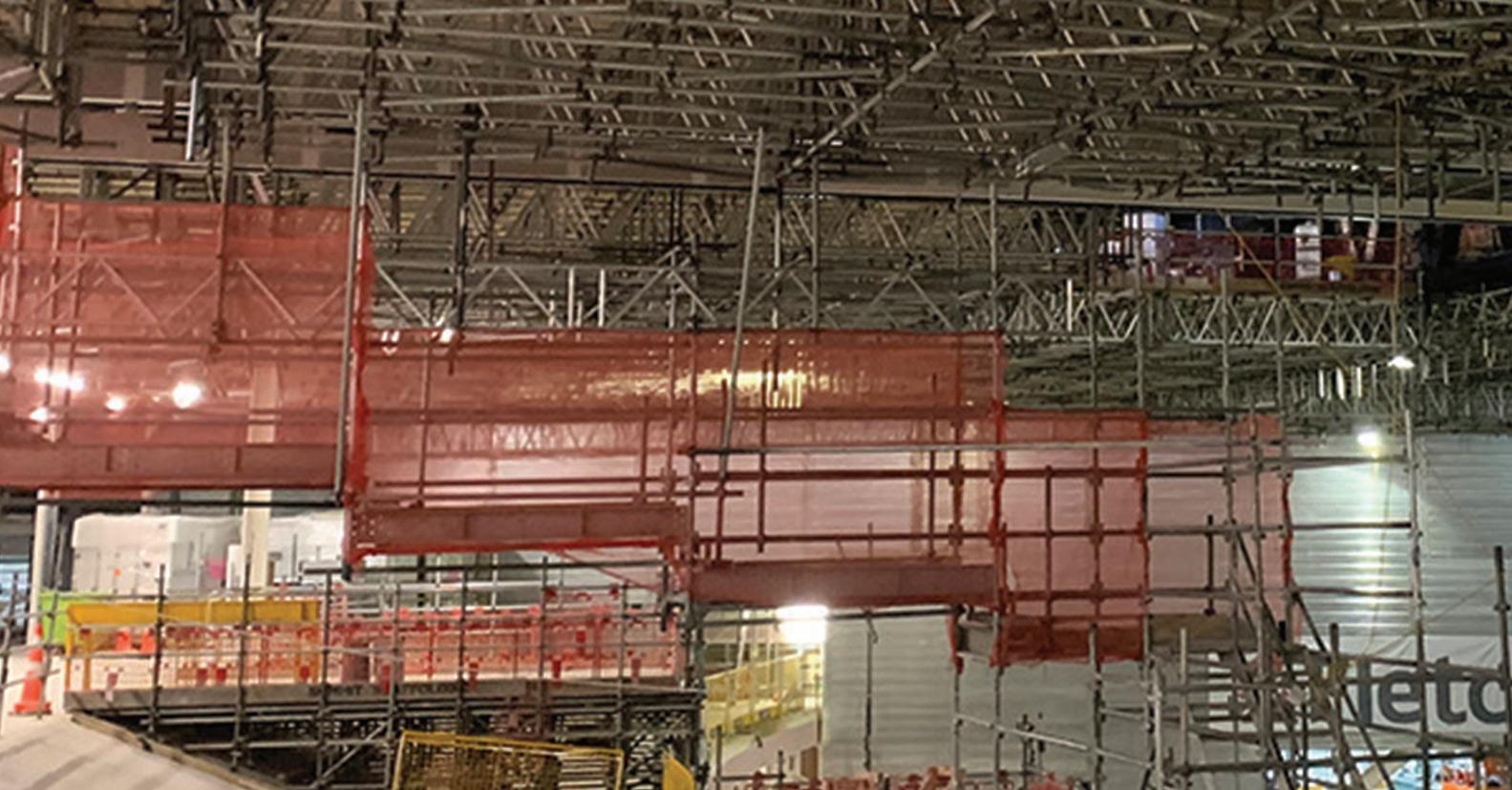
2 minute read
The top five things on employers’ wish lists
Navigating uncertainty
The top five things on employers’ wish lists
Finding staff, the difficulties of dealing with immigration, the increasing costs of business and compliance, and uncertainty, are the key issues facing business in 2021.
These are the findings from the EMA’s recent annual member employer survey. While 35 percent of employers predict they will increase the number of employees they have in 2021, 58 percent of them are finding it difficult or very difficult to attract suitable candidates for skilled positions. EMA chief executive Brett O’Riley says the fact that 47 percent of employers were very likely to invest in workplace training in the next 12 months was a positive sign that employers were keen to invest in upskilling their people. "Increased assistance for training and upskilling staff was fourth on employers list of changes and that would be a significant step in government acknowledging and addressing New Zealand’s ongoing productivity issues. “Increasing skills in the workforce will also mean a higher paid workforce as productivity increases with higher skill levels." It was also pleasing to see that 48 percent of employers had invested in employee wellbeing this year. Brett says the immigration situation brought on by COVID-19 has exacerbated an issue that employers already had. "Employers are having to transform and grow their businesses, often in ways they hadn’t planned, and they desperately need the right people with the right skills to enable that, many of which are either not available or plentiful in New Zealand. "Fifty-two percent of employers would usually recruit migrants from overseas, 22 percent are finding the immigration process very difficult, and 12 percent say it is virtually impossible." Upcoming employment law concerns were also reflected in the survey, including areas like the proposed Fair Pay Agreements. When it came to the key employmentrelated changes employers wanted, which reflected the increasing cost of doing business and compliance, they were: • Reinstatement of the 90-day trial • No minimum wage increase • No change to sick leave • Increased assistance for training and upskilling staff • Subsidies for new employees. Eighty-two percent of businesses said if sick leave were increased to 10 days it would have an impact on their business, and with that becoming a reality they need relief from other costs. "SMEs have been carrying the country through the economic recovery and are hugely resilient, but 2020 has brought a decade’s worth of change in one hit, and that means timing of many of the proposed changes will be critical to business managing the impacts and costs of those changes," Brett says. "SMEs also want to see previous measures such as the 90-day trials reinstated, as that enables them to alter their workforces and adapt quickly to change, something that has been crucial this year." A 6 Green Star Design (world leading), construction sustainability rating will also have a climate adaptation assessment to ensure the building is resistant to the effects of climate change and natural disasters. In addition to the extensive reuse of concrete, the new concept design will also preserve the heritage-listed 1959 Milan Mrkusich mosaic abstract artwork on the exterior of the original BJ Ball building.

Delivering projects to the highest standards across the whole range of scaffolding requirements.











